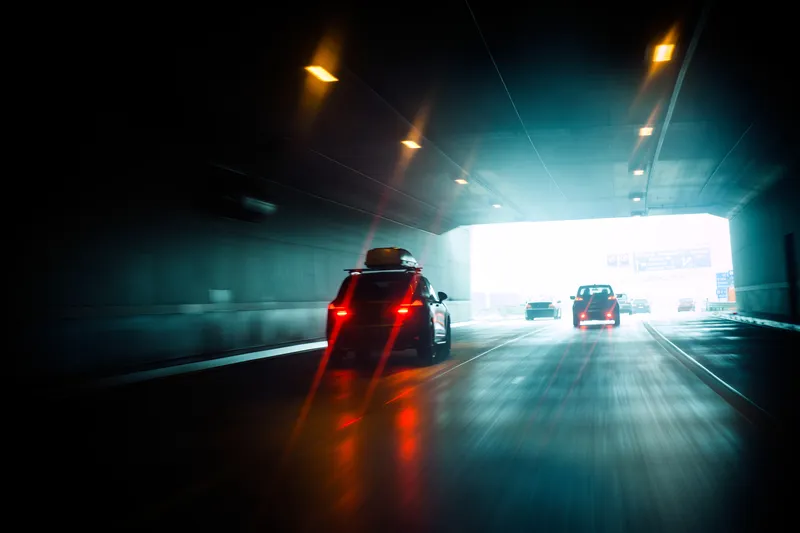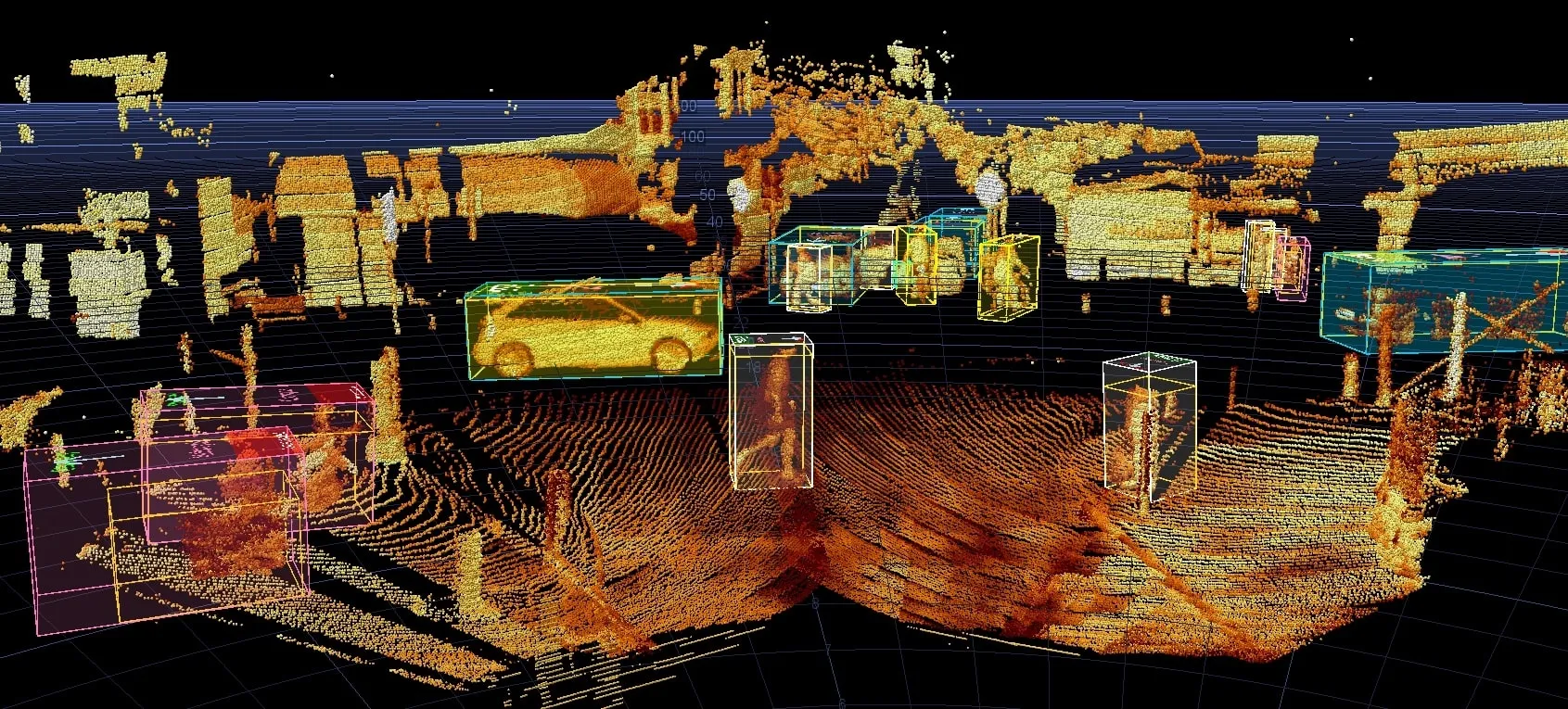
Argo AI has launched a Lidar sensor which it claims overcomes the limitations preventing most competitors from commercialising autonomous delivery and ride-hailing services.
Argo Lidar – the centrepiece of the Argo Self-Driving System – is expected is expected to offer a sensing range capability of 400m.
Argo is seeking to prove that it can meet durability requirements for maximising fleet uptime through a collaboration with Ford Motor and Volkswagen, which is focused on the development of commercial-grade AVs.
Its hardware development team is working on a series production of the Lidar sensor, with the first batch already supporting on-road testing of Argo's AV test vehicle fleet.
The company says its new Lidar can handle the most complex aspects of human driving, such as seeing the darkest of black-painted vehicles that reflect less than 1% of light even at long range and at night.
Argo says it can also handle navigating left-hand turns onto roads with oncoming high-speed traffic by utilising a 360° field of view and managing instant transitions from darkness to bright light like when entering and leaving a tunnel.
The company explains that its proprietary “Geiger-mode” Lidar has the ability to detect the smallest particle of light — a single photon — and is key to sensing objects with low reflectivity.
Combining this with higher-wavelength operation above 1,400 nanometers gives Argo Lidar its capabilities, including longer-range, higher-resolution and lower-reflectivity detection — all from a single sensor.
Argo founder Bryan Salesky says: “Argo Lidar takes us to a whole new level of self-driving technology, unlocking our ability to power both delivery and ride-hail services."








